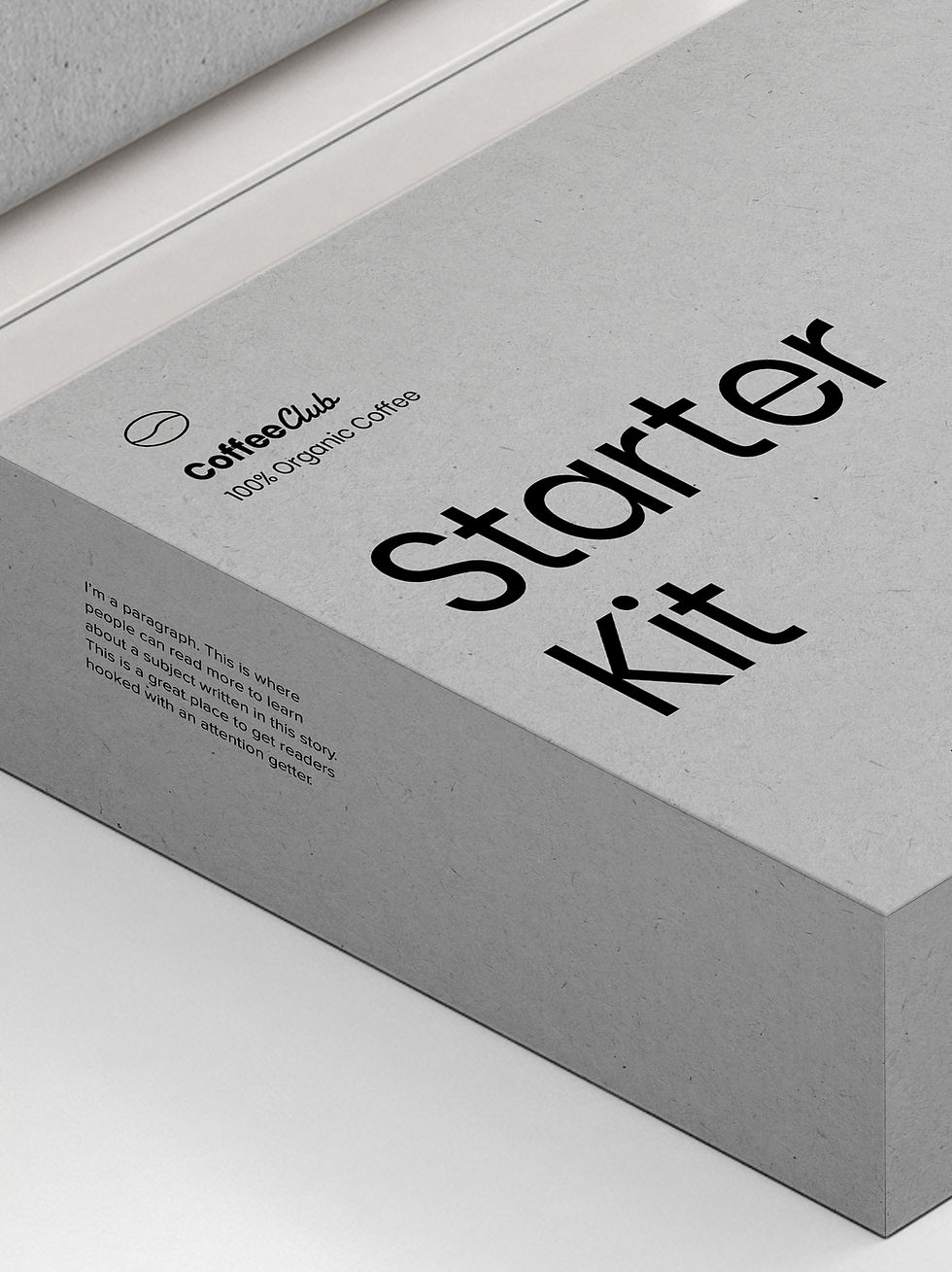Autism Awareness Month…
- Christine McCarty

- Apr 11, 2024
- 2 min read
As many of you might know, April is Autism Awareness Month. Why April? Autism Awareness Month was founded in April 1970 by Bernard Rimland, Ph. D., a psychologist and autism researcher. He chose the month of April to coincide with his son's birthday, as well as the start of spring—a time for new beginnings.
I love this month. It is a chance for everyone to become more educated and most importantly, come together and accept others for who they are. Addy was born this way. Whether or not you believe other factors play into this diagnosis is your right, but for me, she came into this world as she is today. A loving, go-lucky, smiling, autistic child. Some say, why label her? For our situation and life, the autism label allows others to accept her the way she is. When someone understands that she sees the world a bit differently than most, it allows acceptance on both sides.
One of the most fascinating things about Addy (and other ASD kids we have met during our journey) is that they can seemingly identify others with ASD without even talking/communicating with them. Addy does it all the time and when I go up to the families, they say the same thing about their kids. It’s like they have this sixth sense.
There is now research to support this theory. According to Frontiers of Young Minds article “Double Empathy: Why Autistic People Are Often Misunderstood,”
“Why might autistic people find it easier to understand other autistic people? Research indicates that autistic people are less likely to rely on typical social expectations for interacting or be upset if such expectations are not followed. This means that autistic people give each other more freedom to express themselves in unique ways. We can see evidence of this by looking at how well autistic and non-autistic people share information with each other. One recent study was based on the game “Telephone,” in which one person whispers a message to another person, who then whispers it to the next person, and so on. The last person then says the message out loud to see how different it is from what the first person said. Researchers compared how accurately groups of autistic people, groups of non-autistic people, and groups with a mix of autistic and non-autistic people shared a story in a game of Telephone [8]. They found that autistic groups share information just as accurately as non-autistic groups. Mixed groups of autistic and non-autistic people were much less accurate. This shows that autistic people are just as able to share information as non-autistic people if they are with other autistic people. This supports the theory of the double empathy problem: that there is a two-way difficulty when autistic and non-autistic people interact.”
More research still needs to be done, but I do find it fascinating and heartwarming that one we have so much more acceptance of autism and two, my dear Addy is not alone!
Much love,
Raising Addy



Comments